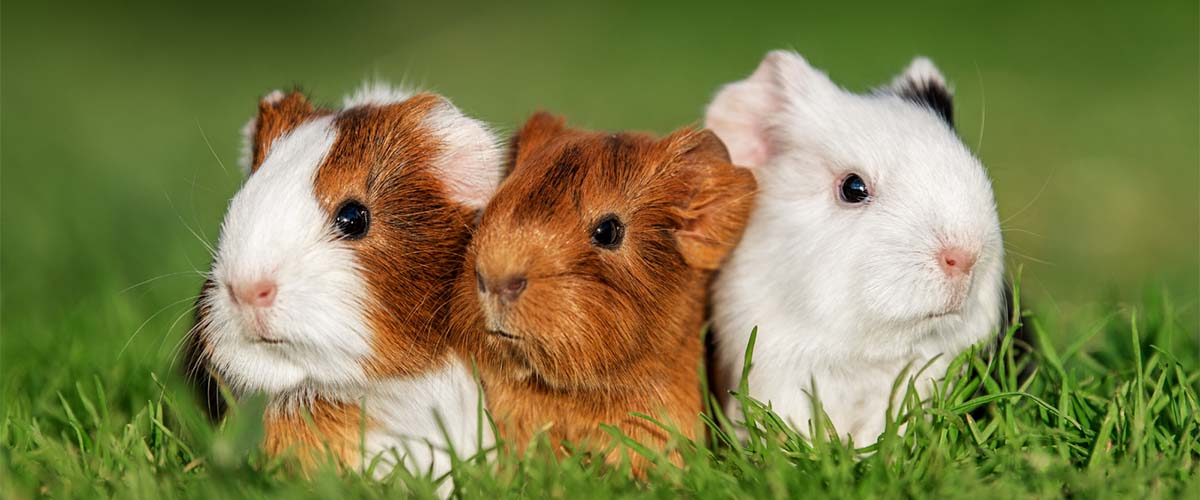Ferret Health
It's really upsetting when your ferret gets ill. Luckily, there are lots of simple steps you can take to keep an eye on their health and help keep them in the best of shape.
A daily health check
Once you get to know your ferrets, you’ll start to learn what’s normal for them. This means you’ll be able to quickly spot any signs that they might be feeling under the weather.
Keep a close eye on your ferret's general health and visit your vet if you notice:
- Diarrhoea
- Loss of appetite or overeating
- Drinking much more or less than normal
- Lack of energy/sleeping more than usual
- Unusual swellings
- Hair loss
- Skin conditions
- Limping
- Unusual bleeding
- Signs of pain, such as sensitivity to touch
- Runny eyes or nose.
- Changes in your ferret’s behaviour can also be a sign they’re not feeling very well.
Neutering your ferret
Ferrets have very specific neutering needs so it’s important to speak to and experienced vet about what’s best for your pet.
If you keep male and female ferrets together, it’s really important to speak to your vet about getting them neutered. If your ferrets have babies, you’ll need to find safe, suitable homes for them which can be stressful and challenging.
Most pets are neutered in a simple operation. However, some research suggests if ferrets are neutered this way when they’re too young they can go on to develop Adrenal disease in later life. This is where your ferret produces too much of a certain hormone and can cause symptoms like:
- Hair loss
- lethargy (sleeping more and being less energetic than normal).
This is why it is important to discuss neutering options with a vet – so they can advise you the best method of neutering for your ferrets.
Neutering is essential in female ferrets, unless they are kept with a vasectomised male. Unneutered female ferrets will naturally go ‘into season’. They’ll need to be brought out of season or they could become seriously ill with anaemia and could even die due to blood loss. They’ll need to be mated with neutered male or be given the ‘Jill jab’ (an injection of hormones).
Vaccinations for your ferret
Ferrets can get Canine Distemper, a nasty virus that’s usually fatal. Speak to your vet about vaccinations, especially if you plan to take your ferret out and about with you on a lead and harness.
If you’re planning to travel with your ferret, they’ll need to be vaccinated against rabies as part of the PETS Travel Scheme.
Keeping your ferret in shape
Just like us, ferrets can struggle with their weight and carrying extra can cause serious health problems. You can keep your ferrets weight in check by making sure they get plenty of exercise and the right amount of food:
- Give them plenty of space to run, explore and play. Play games with your ferret to encourage them to exercise.
- Follow the feeding guidelines on their ferret pellets closely and weight out their meals to make sure they’re getting the right amount.
- Don’t feed fatty or sugary treats.
Winter weight gain
Ferrets will put on around 40% of their body weight for the winter. If you notice your ferret gaining weight at the start of winter, don’t put them on a diet. They should naturally lose the weight when spring comes.
If you ferret doesn’t lose the weight again in spring, take a look at their diet and cut back on treats for a while to help them get back in shape. If you’re concerned about your ferret’s weight, speak to your vet for more advice and to check if it’s being caused by another health issue.

